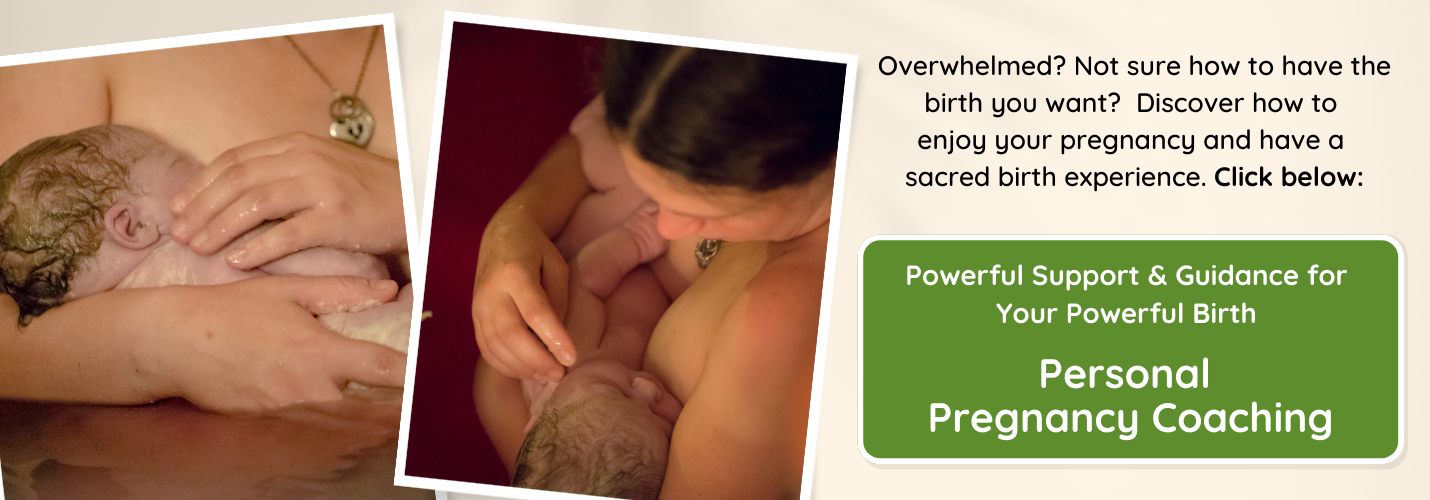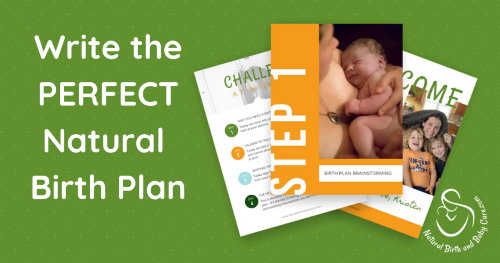Life as an autistic pregnant woman brings a unique set of challenges. The pressures of maintaining daily habits, managing stress, and keeping up with everything needed for a healthy pregnancy can be overwhelming.
Today I’ll share practical strategies for neurodiverse moms-to-be, focusing on overcoming burnout, managing change, and building supportive routines.
Routines for Limited Time and Energy (and Preventing Burnout)
Pregnancy brings major hormonal and physical changes that can cause lower energy for any mama. For neurodiverse women, this challenge is even more pronounced. Burnout (including autistic burnout) and freezing are big obstacles that make it hard to stay on track.
Understanding Burnout and Freezing
Autistic women can experience burnout and freezing, where overwhelming situations can lead to complete shutdown. All of the physical changes, shifting social roles, and new experiences of pregnancy layer on top of typical day-to-day stresses.
Intentionally designed routines and systems can help prevent autistic burnout, or can help you start to “baby-step” your way forward from this level of overwhelm.
I fell pregnant with my first child in college and felt very overwhelmed. I knew I wanted to keep my tiny baby healthy, so I created a daily routine and regular reminders. I even put a sign on the back of my dorm room door that said “Don’t forget to feed baby!”
Executive Function and the Autistic Mama
Executive function, which involves planning, decision-making, and staying organized, can be particularly challenging for neurodiverse people.
Creating routines and making choices in advance can reduce the amount of thinking you have to do and help you avoid decision fatigue.
After 23 years of being a mama, my executive functioning skills are good – but it’s because I’ve discovered that routines and checklists really help. Reusing routines and checklists helps a lot too (then you don’t have to keep creating them!)
Even if you feel like you don’t know a lot about pregnancy yet, or how to take care of yourself, you can start with pre-made checklists.
There are many checklists available (check out my Ultimate Pregnancy Checklist Pack, for example!). And you can start small with routines.
(NOTE: Trying to balance your pregnancy, life, and getting ready for baby? Use my checklist pack stay healthy (naturally), organized, and confident throughout your pregnancy! Get them here.)
I regularly work with clients to help them create daily routines to get in the nutrition and exercise/movement they need for their babies – creating routines is a game-changer if you’re on the spectrum!
Meals, movement, and schedule are a good place to start:
Adjusting Your Normal Routines
Change is tough for most people, especially autistic individuals. And as the tips above show, you can end up having to shift a lot when you’re pregnant!
Your baby’s health can become a major driver in helping you make adjustments that may otherwise feel overwhelming. I know this helped me a lot, and in research studies, many autistic women report that they made changes and adjustments because it was best for their baby.
I want to give a caveat: I have been working with pregnant and new mamas for over two decades and I’ve seen many care providers try to bully women into medical procedures by telling them they’re going to hurt their babies if they do not consent.
There are times when a baby may need a medical procedure, but not nearly as often as care providers imply. Why do providers do this?
You are always entitled to second opinions and control of your body is always yours. You don’t have to consent to vaginal exams, induction, etc. unless you truly believe it’s best for you and your baby. It’s almost always safe to ask to “wait” and to explore pros and cons. Some procedures are necessary. Many are not.
With that caveat, there are many lifestyle and routine adjustments that are evidence-based and good for your baby! Knowing about these can help you make changes.
As I shared in my post on pregnancy challenges, for example, your nutrition is the #1 way to grow a healthy baby and keep your pregnancy and birth low-risk and safe. So making changes to your meals and mealtime routines can really help.
Lab work and prenatal appointments can help establish a baseline of good health for you and your baby, so finding ways to make prenatal care a comfortable part of your routine helps.
And being prepared for childbirth helps you have a safer, smoother birth, so adding a routine of studying with an online birthing class can lead to better outcomes.
If you’d like help with planning and routines for pregnancy, you can click here to schedule a virtual chat with me!
Want personal support to stay healthy and low-risk through your pregnancy? Longing for authentic guidance to make your sacred birth dream a reality?
Click to book a pregnancy and birth visioning call with me. We’ll talk about your hopes and dreams and explore if my pregnancy coaching program is a good fit for you.
Finding Support for Meal Prep, Routines, Chores, and More!
Everyday tasks like meal preparation, laundry, cleaning, and hygiene can get overwhelming, especially if you’re struggling with fatigue during your pregnancy.
Ask for and accept help! Sometimes help can come in the form of done-for-you meal plans or having a pregnancy coach like me help you plan meals and adjust routines.
Sometimes that’s in the form of asking friends and loved ones for support with meal preparation and home upkeep. You can also consider hiring someone to help with meals and cleaning.
Some autistic women also qualify for services through disability programs – if you do, ask for that help!
Pregnant women may also qualify for health visitor programs. These health visitors, social workers, nurses, and nutritionists can help you create routines and plans for keeping up with daily life. They may also be able to help you learn to prepare simple meals that nourish your baby and aren’t hard to keep up with. These visits continue after your baby is born.
To find one of these programs, try to search for your city, county, or town name and “pregnancy health visitor,” “maternal infant health,” or “women infants children.” Sometimes early intervention programs have pregnancy programming.
I highly recommend that you explore any and all options available to you through friends, paid services, disability services, and pregnancy services.
Managing Stress Throughout Your Pregnancy
Stress levels can rise in pregnancy, but most mamas want to enjoy a relaxed experience! The steps listed above can help you create routines and plans that relieve stress. Here are some more ideas that can help you manage the challenges and enjoy your pregnancy:
Here’s a quick reference for both acute and more chronic stress situations:
Acute Stress Situations:
(NOTE: Want a Perfect Birth Plan Template? Use this template and step-by-step videos to write a birth plan that gets your birth team on your side for a beautiful birth experience! Get the birth plan kit here.)
Chronic Stress Management:
A Key Strategy: The Smallest Possible Change
When overwhelmed, start with the smallest possible change. I call this “taking a baby step.” I often ask myself, “what’s one tiny step that will help me?” This could be a step to overcome overwhelm, handle a problem, or to recharge after a stressful time.
I really struggled in my fifth pregnancy (click here to read the detailed series I wrote about handling that time). I had to use tiny baby steps to overcome all the physical and emotional challenges.
My first baby step? Peanut butter sandwiches! All I could imagine eating was peanut butter sandwiches, and since I didn’t think that was “good” for my baby, I wasn’t eating much at all. My midwife told me to just eat peanut butter sandwiches! After a few days of eating enough (peanut butter sandwiches!) I could eat more variety again. Then I found other baby steps to help overcome my autistic burnout and prenatal depression (again, click here to read about this in more detail).
Next in this series we’ll cover growing a healthy baby as an autistic mama – you can grow and mother your baby with confidence! Routines, good habits, and strong support will help both of you to thrive!
Want personal support to stay healthy and low-risk through your pregnancy? Longing for authentic guidance to make your sacred birth dream a reality?
Click to book a pregnancy and birth visioning call with me. We’ll talk about your hopes and dreams and explore if my pregnancy coaching program is a good fit for you.
Trending Products

















